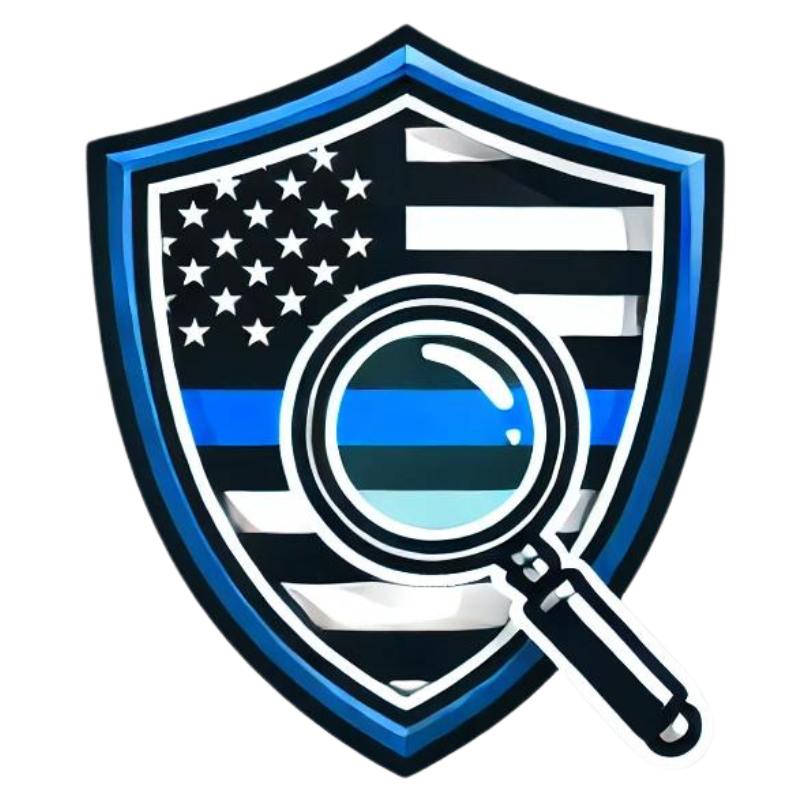About TLE
Why We Exist
When public agencies harm people, the documentation that should protect those people has a way of disappearing. Complaints vanish from files. ADA accommodations go unrecorded. FOIL timelines stretch indefinitely. Deaf and disabled civilians are erased from incident reports entirely.
The harm happens. The accountability doesn't. That's the gap TLE fills.
What Makes TLE Different
Most oversight organizations assume agencies want to improve and just need the right incentives. Three years of systematic FOIL requests across New York agencies have taught us something different. We've learned to expect patterns that others treat as exceptions:
Escalation is required - Initial requests are routinely ignored or minimally fulfilled
Documentation gaps are strategic - If there's no record, the incident becomes deniable
Delays serve a purpose - Time weakens cases and exhausts complainants
We don't start by assuming good faith because our data shows that assumption costs people their rights.
Our Approach
TLE operates as a systematic documentation project. We file strategically structured FOIL requests across multiple agencies, then track how those requests are handled over time. Every delay gets logged. Every denial gets documented. Every deflection becomes part of the record.
When patterns emerge across departments and dates, we publish that evidence while it's still fresh - before files can be "reorganized" or records can be "updated."
This isn't about demanding change through advocacy. It's about making institutional failures harder to hide through documentation.
What This Means
TLE is not a coalition building consensus. We're not a nonprofit seeking grants. We're not running a media campaign hoping for coverage.
We're building a live, adversarial archive - systematically documenting how New York public agencies fail deaf, disabled, and marginalized communities, then ensuring those failures become permanent public record.
How You Can Engage
If you want accountability tools: Use our FOIL templates and tracking systems. They're designed to work whether you're filing one request or a hundred.
If you want to replicate this model: Our methods are open source. Build your own TLE wherever you see systematic documentation failures.
If you think we're wrong: Fix the problems we're documenting before we get to them. We'd rather be unnecessary than proven right.
TLE operates independently, which means we can pursue documentation that others might avoid and ask questions others might not ask. That's by design - accountability shouldn't require permission.
